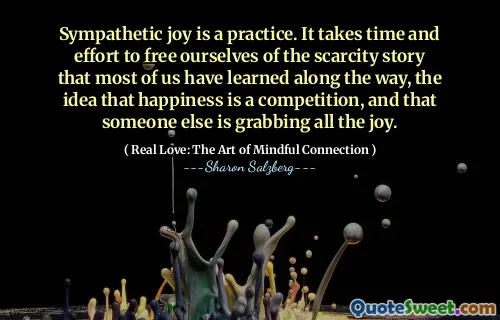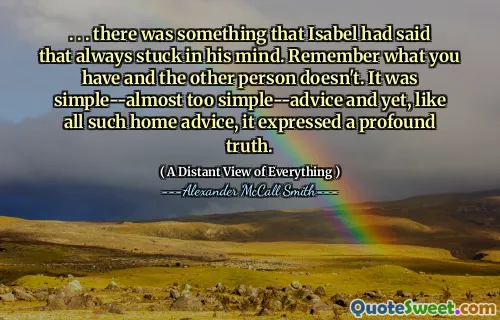
Taking responsibility for oneself is by definition an act of kindness.
The statement underscores a profound truth about personal accountability as an expression of compassion, both towards oneself and others. When we accept responsibility for our choices, actions, and emotions, we cultivate integrity and serve as models of authenticity. This act of owning our lives fosters self-awareness, which is foundational for genuine growth and self-improvement. It also extends compassion outward; by taking charge of our development, we reduce reliance on external circumstances or others to explain our situation, thereby lessening blame and fostering a sense of empowerment. In turn, this mindfulness can ripple into our relationships, encouraging honesty and accountability that nurture trust and understanding. Accepting responsibility involves honest reflection, courage, and sometimes difficult acknowledgment of mistakes, but it ultimately leads to resilience and inner peace. Importantly, recognizing our role in our experiences encourages a compassionate perspective—rather than criticize ourselves for missteps, we learn and grow, treating ourselves with kindness during times of failure. This shift from blame to responsibility aligns closely with practices in mindful and ethical living, promoting a deeper connection with our values. In the broader context of human relationships, this principle can cultivate empathy and patience for others, understanding that just as we are responsible for our growth, so too are others. Overall, this quote beautifully encapsulates the idea that accountability is not merely a duty but an act of kindness that sustains and enriches our journey of mindful living.








